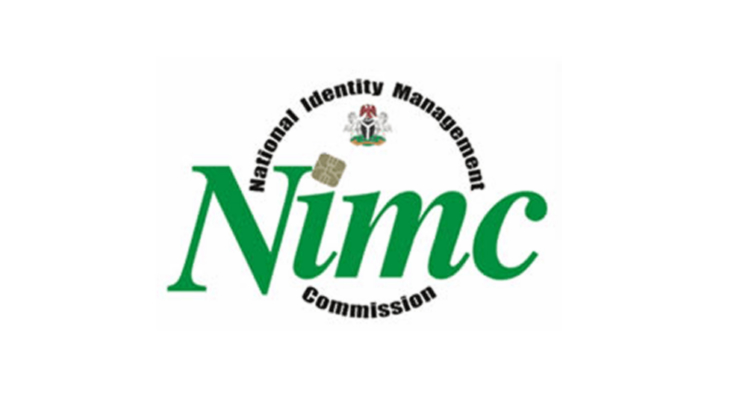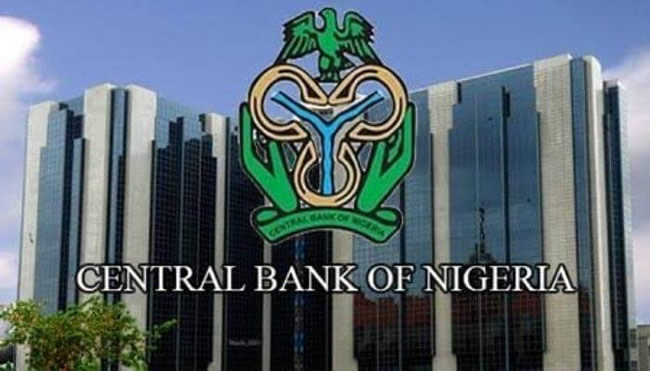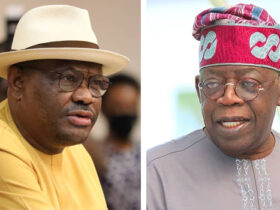The Federal Government, in collaboration with the National Identity Management Commission (NIMC) and the Central Bank of Nigeria (CBN), is gearing up to introduce three new national identity cards in May of this year, to provide them to approximately 104 million citizens across the country.
Outlined by NIMC, these new identity cards include a bank-enabled National ID card, a social intervention card, and an optional ECOWAS National Biometric Identity Card.

Ayodele Babalola, the Technical Adviser for Media and Communications to the Director-General of NIMC, revealed these plans in a recent interview on Sunday. He stated that Nigerians can expect to receive the three national ID cards within one or two months following the launch.
However, Babalola noted that the launch date in May is contingent upon approval from the Presidency.
READ ALSO: JUST IN: Again, CBN Sells Dollars to BDCs Below Market Rate at N1,101/$1
Babalola stated, “We expect the bank-enabled National ID to meet the needs of the middle and upper segments who typically use banks within the next one or two months after launch. Also, activation of the National Safety Net Card to meet the urgent needs for authentication and a secure platform for government services such as palliatives within the next one or two months. The focus will be on the 25 million vulnerable Nigerians funded by the current government intervention programmes.”
“Digital/virtual versions of all cards will be available for individuals who prefer digital formats, albeit with limited functionalities. Additionally, ECOWAS cards will be issued on an as-needed basis in collaboration with the Nigerian Immigration Service,” he added.
Last Friday, the Identity Commission unveiled its strategy to introduce a multipurpose national identity card, equipped with payment capabilities for various social and financial services.

According to a statement released by NIMC on Friday, this endeavor is a collaborative venture involving NIMC, the Central Bank of Nigeria, and the Nigeria Inter-bank Settlement System. Its objective is to provide consumers with expanded choices while enhancing service delivery in a more innovative, cost-effective, and competitive manner.
Babalola elaborated that the new card would fulfill the need for physical identification, enabling cardholders to verify their identity, access both government and private social services, promote financial inclusion for underserved Nigerians, empower citizens, and stimulate increased involvement in nation-building initiatives.
He expressed the commission’s aspiration for these cards to be distributed to the 104 million eligible applicants listed on the national identification number database as of the end of December 2023.
He said, “We shall be implementing the following programmes to revive the general multipurpose card issuance; first is the bank-enabled national ID card in collaboration with NIBSS and banks, while the second programme will be a social intervention card under the National Safety Net Card. The third rollout will be an optional ECOWAS National Biometric Identity Card.
“We are looking at May for the possible launch but that is also subject to presidential approval. It is just to finalise some very important details. The project will be powered by AfriGo, which is under the central bank but everything stops at the table of the President.”
In January 2023, the CBN launched AfriGo to drive financial inclusion using the card and boost data sovereignty.
AfriGO was birthed in Nigeria with continental aspirations, as ‘AFRI’ means culture, ethnic diversity, bravery, innovation, and growth, while “GO” symbolises progress, empowerment, inclusivity, and future-forward, among others.
This initiative is coming months after the World Bank Country Director for Nigeria, Shubham Chaudhuri, announced plans to collaborate with the National Identity Management Commission to ensure the successful rollout and registration of digital national IDs for all Nigerians.
Chaudhuri at a meeting with the minister of Communication and Digital Economy, Bosun Tijani, said the ambitious target was to provide at least 148 million people of working age with a digital national ID by the middle of 2024, marking a significant step towards inclusion and accessibility.
Chaudhuri said, “So one of the main partnerships we have is working with NIMC to ensure the rollout of the registration so that all 213/220million Nigerians have a digital national ID, beginning, of course, with all people of working age and I think the target for that is at least 148 million people by the middle of next year.”

Babalola said, “On our part, we have done the needful but we also have to wait for necessary permission. It is going to be three different cards, one would be for the smooth process of palliative distribution and social safety programmes. There will be another one that is bank-enabled and people will have the choice to choose based on their needs. Persons without bank accounts will also be able to use it and persons living with disability.
“The National E-ID card can function as a debit and prepaid card for both banked and unbanked individuals using biometric authentication, such as fingerprint and picture, to aid identity verification. It has offline capability that will allow transactions to be carried out in areas with limited network coverage. Banking details at the back of the card with chip and pin as well as magnetic stripe enabled.
“The National Safety Net Card will be enabled for identity and used for all government interventions and services across multiple ministries, departments, and agencies. Among other capabilities and functionalities, this card will be enabled for the eNaira in compliance with the operational and security standards and interoperable with the existing payment system.

“The card will be used for all government social programmes including cash transfers, agricultural loans, student loans, health insurance schemes, micro contributions, micro pensions, etc, with a validity period of 10 years and will be issued based on the government programmes and existing social register. This will enable real access through electronic money and not cash and uplift 133 million people out of poverty.”
When our correspondent asked him to provide further explanations, Babalola insisted that the three ID cards would be launched. ‘’Yes, three cards will be launched,” he said.
Source: Punch








Leave a Reply